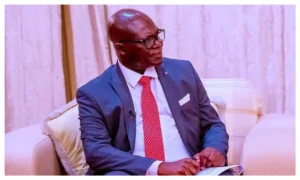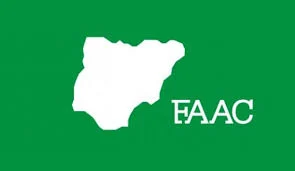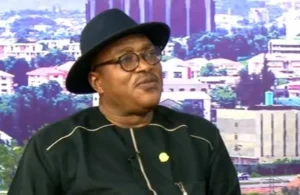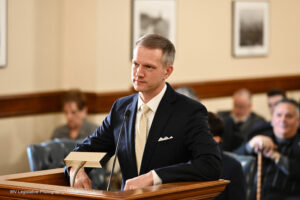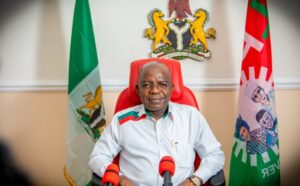The 2025 budget proposal has sparked debates, with former vice president Atiku Abubakar expressing doubts about its ability to address Nigeria’s economic challenges. According to Atiku, the budget, presented by President Bola Ahmed Tinubu, lacks the fiscal discipline and structural reforms needed to improve the country’s struggling economy.
Last week, President Tinubu submitted a N49.7 trillion budget to the National Assembly. It was based on key assumptions like a N36.36 trillion revenue target, reducing inflation to 15.75%, an exchange rate of N1,500 per dollar, oil production at 2.06 million barrels per day, and a crude oil price of $70 per barrel. Despite these projections, Atiku criticized several aspects of the budget.
Atiku pointed out that the 2024 budget underperformed significantly. By the third quarter of 2024, less than 35% of the capital expenditure allocated to Ministries, Departments, and Agencies (MDAs) had been spent, despite government claims of 85% budget execution. This raises doubts about the ability to execute the 2025 budget effectively.
The budget allocates N15.8 trillion for debt servicing, almost equal to the N16 trillion set aside for capital expenditure. Additionally, spending on debt surpasses allocations for critical sectors like defence, infrastructure, education, and health. Atiku warned that this imbalance could limit essential investments and increase the country’s debt burden.
A significant portion of the budget—over N14 trillion—is earmarked for running government operations. Atiku criticized this as wasteful and inefficient, leaving limited resources for development projects.
After accounting for debt and recurrent spending, only 25–34% of the budget is left for capital investment. Atiku noted that the per capita allocation for infrastructure development is around N80,000 (about $45), which is insufficient to address Nigeria’s pressing needs.
The budget includes an increase in VAT from 7.5% to 10%. Atiku argued that this move would worsen the cost-of-living crisis and further strain struggling Nigerians, while failing to address inefficiencies in governance.
Atiku urged the government to adopt a more disciplined and growth-focused approach to budgeting. He suggested:
- Reducing inefficiencies in public spending.
- Tackling inflated contracts.
- Prioritizing long-term fiscal sustainability over excessive borrowing and recurrent expenditures.
He emphasized that without these changes, Nigeria risks falling deeper into economic hardship.
The 2025 budget highlights ongoing challenges in Nigeria’s fiscal policies. While ambitious in its projections, it lacks the concrete measures needed to drive sustainable growth and improve citizens’ lives. As Atiku suggested, a shift towards fiscal responsibility and strategic planning is essential to put Nigeria’s economy back on track.

